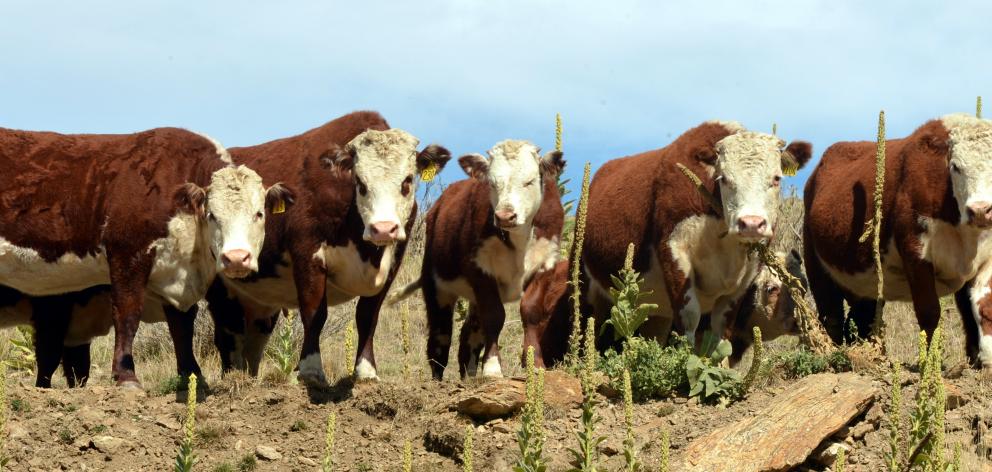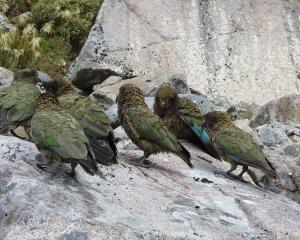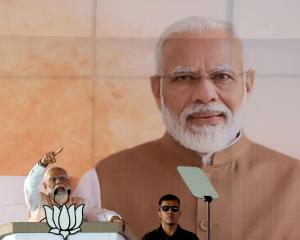
I used to tease her that if I were to turn up to her flat with a hot roasted lamb leg in tow, her nut roast would sit forlornly neglected as she and her vegetarian flatmates uncontrollably tore into my delicious offering. Well, maybe she will have the last laugh.
Recently, I was reminded of my teasing when a colleague said to me, ''beware of the incumbent's chortle''. She was describing how large and incumbent companies often laugh at small, disruptive newcomers ... as I am sure, Blockbusters chortled at the concept of live streaming when their former CEO turned down the opportunity to buy Netflix!
So, speaking as an incumbent agriculturalist, I ask myself: is there a stigmatised future for New Zealand's meat and dairy?
Already China is urging its citizens to eat less meat and dairy products for health and environmental reasons. Is this a sign of things to come?
If I said to you the majority of meat we will eat in 10 years' time will be made from plants, how would you react? I have asked that of a few people and often the male of our species answers, ''Yes I know Anna, the world will be eating all this synthetic stuff ... but not me, I'll still be having a good steak on the barbie (chortle, chortle!)''
Maybe they're right, but will their diet represent the average international consumer?
We've heard that Bill Gates has backed the Impossible Food company to the tune of $US108million ($NZ148million) and I've also heard that their Impossible burger is pretty damned delicious.
You can buy it at the Momofuku Nishi restaurant in New York. It's made from ingredients such as wheat, coconut oil and potatoes, but I understand what this innovative team has cracked, is the addition of a plant-based heme which makes the meat ''smell, sizzle, bleed, and taste gloriously meaty''.
We are not immune from such innovators here in New Zealand. There is a start-up company in Hamilton called ''Sunfed Meats'' which believes this is how our country will double its agricultural production by 2025.
They think we can create the same amount of protein while using five times less land and water. Sunfed Meats is attempting to make chicken from imported yellow peas and is also backed by investors who see a different food future.
It seems plant-based meat substitutes are closer to commercial reality than laboratory-grown synthetic meat; probably more consumer-friendly, too.
Does this mean the end for real meat? Well I hope not, but it might mean the end to eating meat daily, which our agricultural industry needs to get its head around.
I think there is a future for our beef and lamb, but I believe it will become even more of a special occasion food, which means we need to target the high-end buyers (of course), but also be looking at growing complementary products within our agricultural system ... quinoa anyone?
I had a quiet chuckle recently, while reading the latest KPMG agribusiness agenda where a contributor had suggested that ''the primary sector is potentially the second-most conservative community within our society, after the clergy''.
I think all of us have a conservative streak and that's OK, as long as we don't let it blind us to curves in the road ahead.
A farm system can be tweaked, changed and experimented with, often at quite low cost. Land is our farmers' real asset.
With more creativity on-farm our conceivable future could be the impossible burger on a Wednesday and a naturally produced slow-cooked pulled lamb dish on Saturday. I'll take it!
-Anna Campbell is managing director of AbacusBio Ltd, a Dunedin-based agribusiness consulting and new ventures company.












